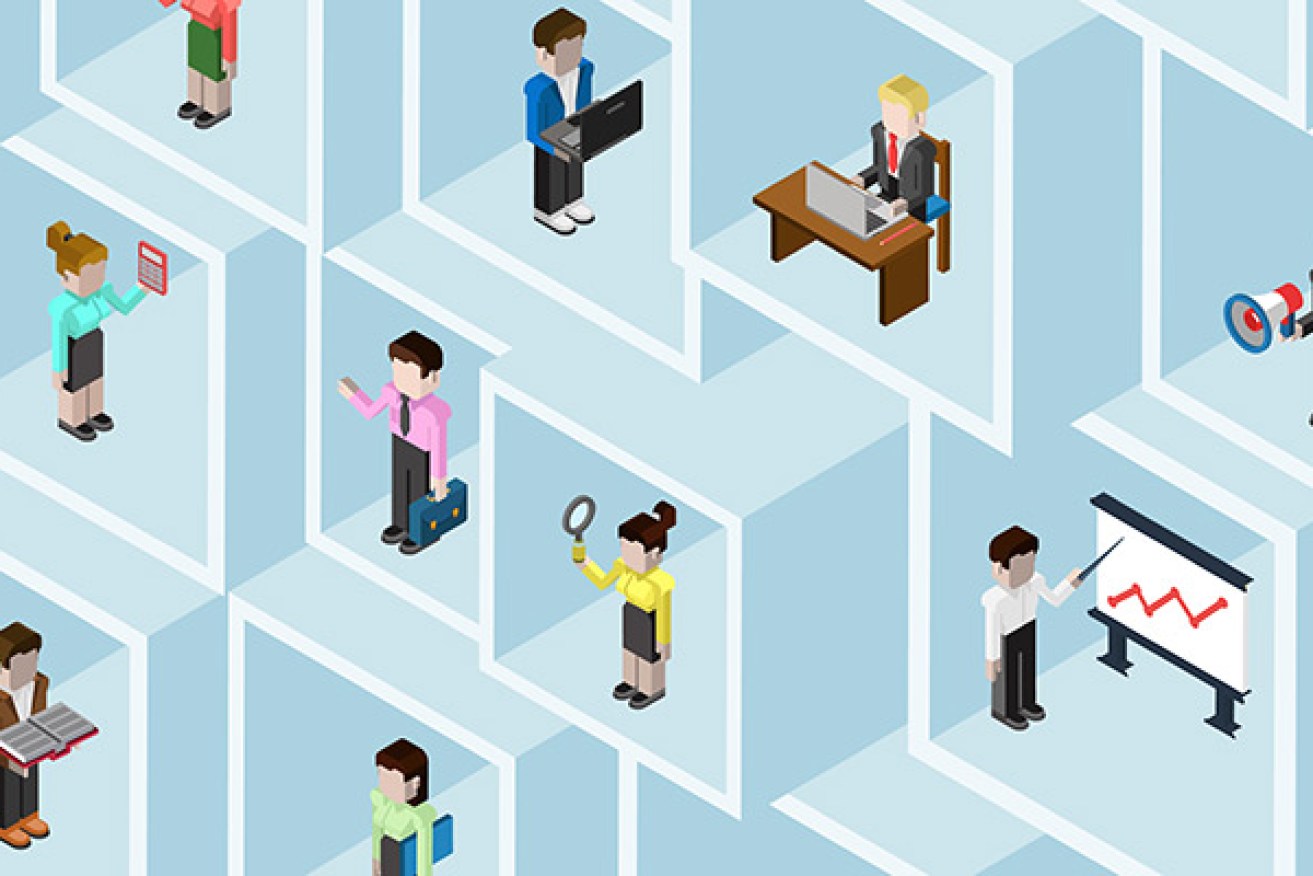LinkedIn’s mind games work for them, not you


LinkedIn – the professional networking site – is rubbish. It claims to have seven million users in Australia. I bet they’re all frustrated.
I’m sure I’ve never got any benefit from it. But the idea that maybe, just maybe, one day I might, means I set up a profile and I tend it carefully.
LinkedIn is annoying. It has to constantly prod you to interact with it, like a needy younger sibling.
• How our self love is becoming deadly
• Four skills you need to know for the future
• The smartphones costs they don’t tell you about
Anyone who’s ever had a LinkedIn account knows that it loves to pop up a little red notification icon. When you click on it, the icon will tell you three people looked at your profile. When you click on that, it will admit that they are the same three people that caused them to send you a notification yesterday.

LinkedIn: like a needy child, and about as useful for finding a new job. Photo: Shutterstock
That is not news, LinkedIn! LinkedIn encourages you to waste your precious time by playing on your Fear of Missing Out (FOMO).
FOMO has been studied by economists. It’s part of a concept called loss aversion. Turns out humans are more stimulated by losing than gaining. This is a key discovery of behavioural economics.
For example, if someone finds five dollars, then loses it, they’ll end up sad, not neutral. Gamblers are more emotionally affected by big losses than big wins. People would never accept a paycut at their job. This is one reason we buy insurance – we’re very frightened of a big loss.
LinkedIn plays on this fear. It implies there’s a vast universe of professional networking going on inside that everyone else is exploiting. It constantly sends you updates of what our contacts are doing and hints our careers are toast if we don’t use our account more.
In reality, LinkedIn has had to make up a bunch of weird things for users to do, like congratulating people on their work anniversaries, and endorsing them for skills. That’s really not the same as professional networking.
It looks like people are starting to realise LinkedIn’s limited upside. While the US stock market has soared, its stock price has ended up basically stationary over the past two years.
LinkedIn compares badly to Facebook, which has seen its stock price triple in the same period. Facebook also plays on our fears, but it does so in a deeper and more interesting way.

Chart showing the LinkedIn stock price – July 2015.
Behavioural economics has another discovery that helps us understand Facebook. The importance of framing.
We interpret things by their context. If we see a price that says “50% off! Now only $10!”, we think it’s cheaper than if it just said $10. The seller “frames” their price.
The problem with Facebook is it does framing for our whole lives. We look at the photos on there. Someone’s at a party! Someone’s kid won a prize! Someone’s puppy is very cute! Someone is on a tropical beach somewhere! And it provides us a reference point.
We may look at Facebook when we’re at home watching yet more MasterChef, or maybe when we’re stuck on the bus. Our situation compares badly. As I understand it real life is mostly boring and painful. But punctuated with moments of excitement. Facebook collects all the good bits and shoves them in our face.
They should call it Framebook.
LinkedIn has much less emotional power over us. I’ve never spent an hour browsing LinkedIn. I’ve never wondered if my LinkedIn status is getting enough likes. I’ve never heard anyone say they’re quitting LinkedIn to preserve their mental health.
Everyone’s aware that when it comes to getting a job, it’s not what you know, it’s who you know. We hope that LinkedIn will magically increase the girth of our little black book.
But it’s a ruse. If we could see every coffee, every beer, every lunch that successful networkers are having with people they need to know, then we’d really have FOMO. And that FOMO would be useful.
It would inspire us to get up from our computer screens and shake a few hands. Despite what the internet might like to tell us, there is no substitute for meeting someone in person.








